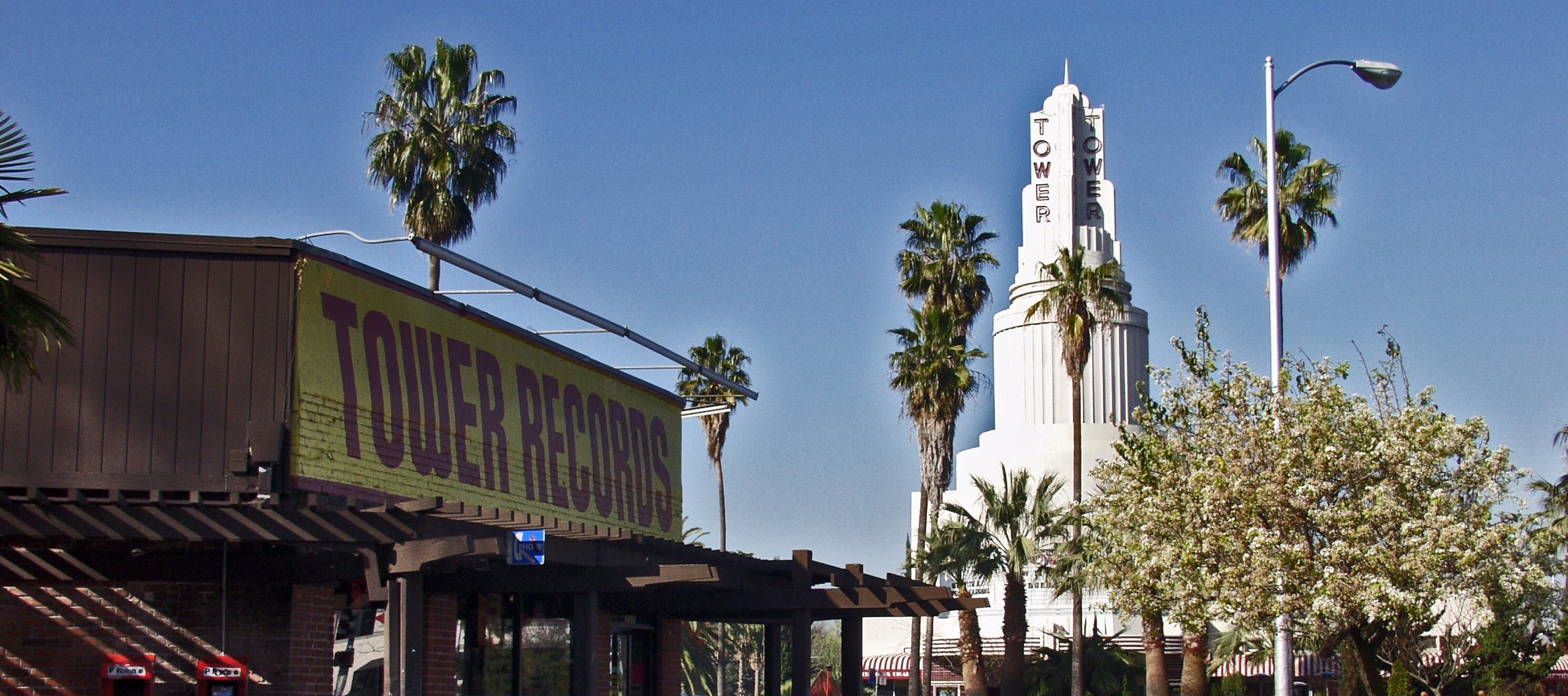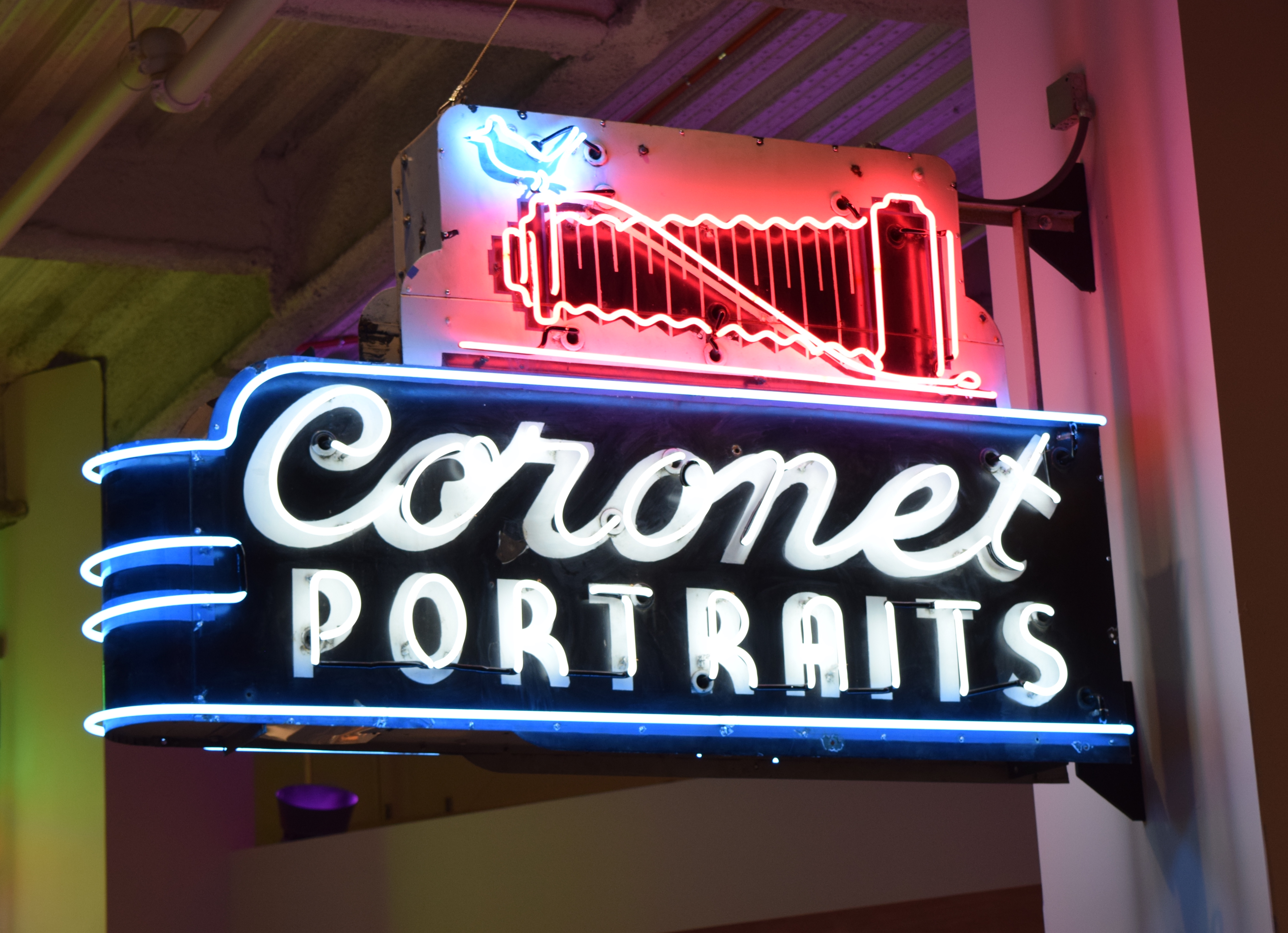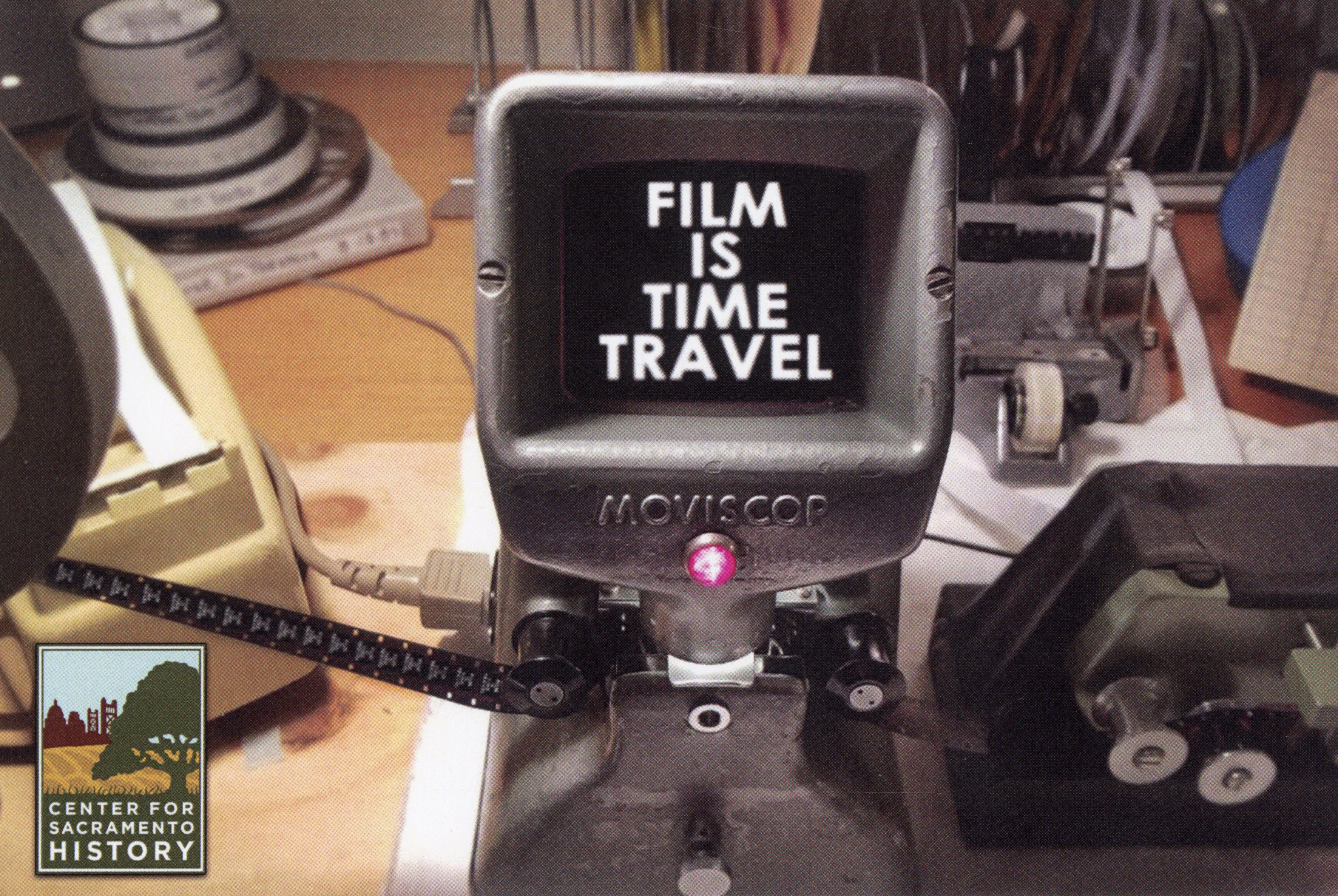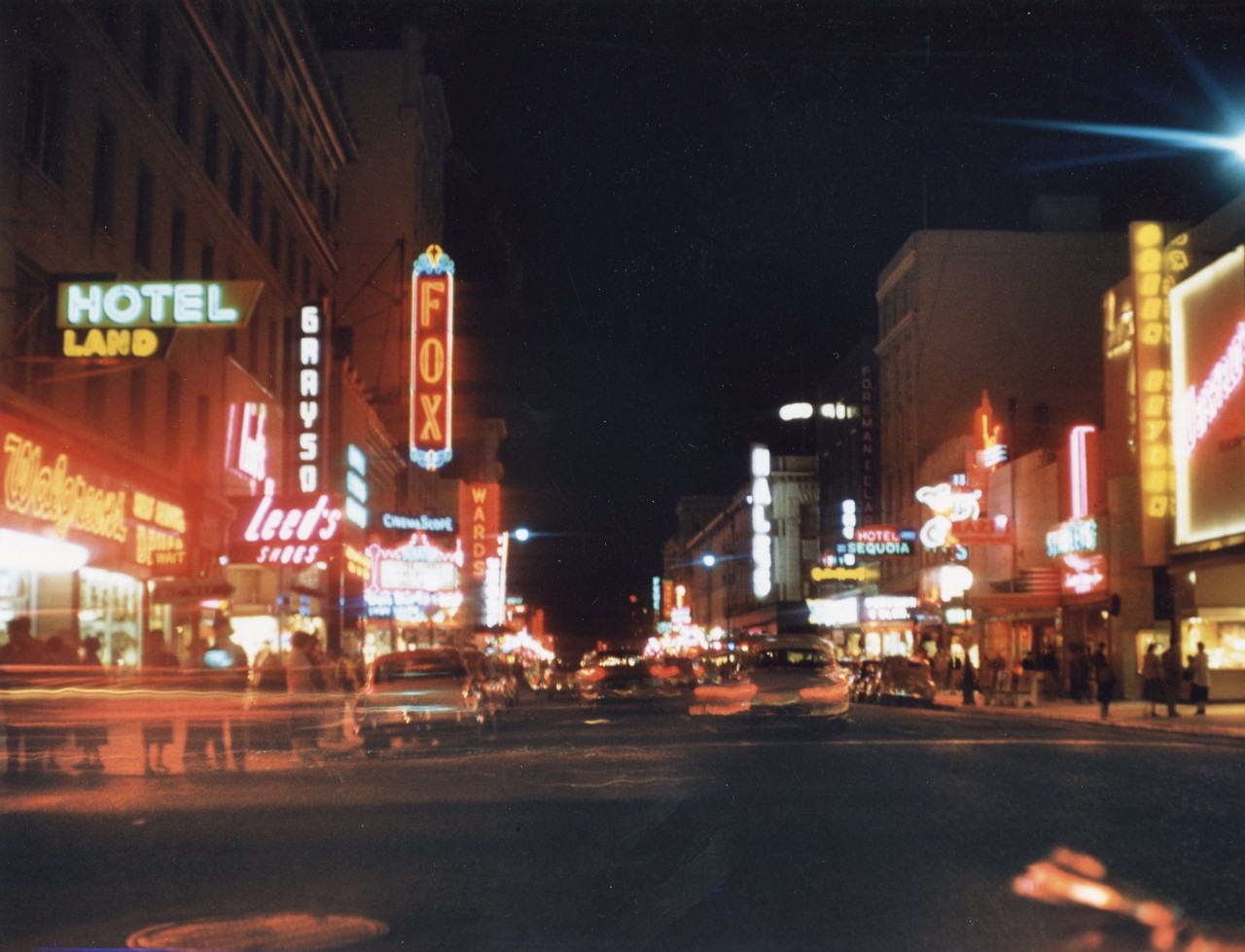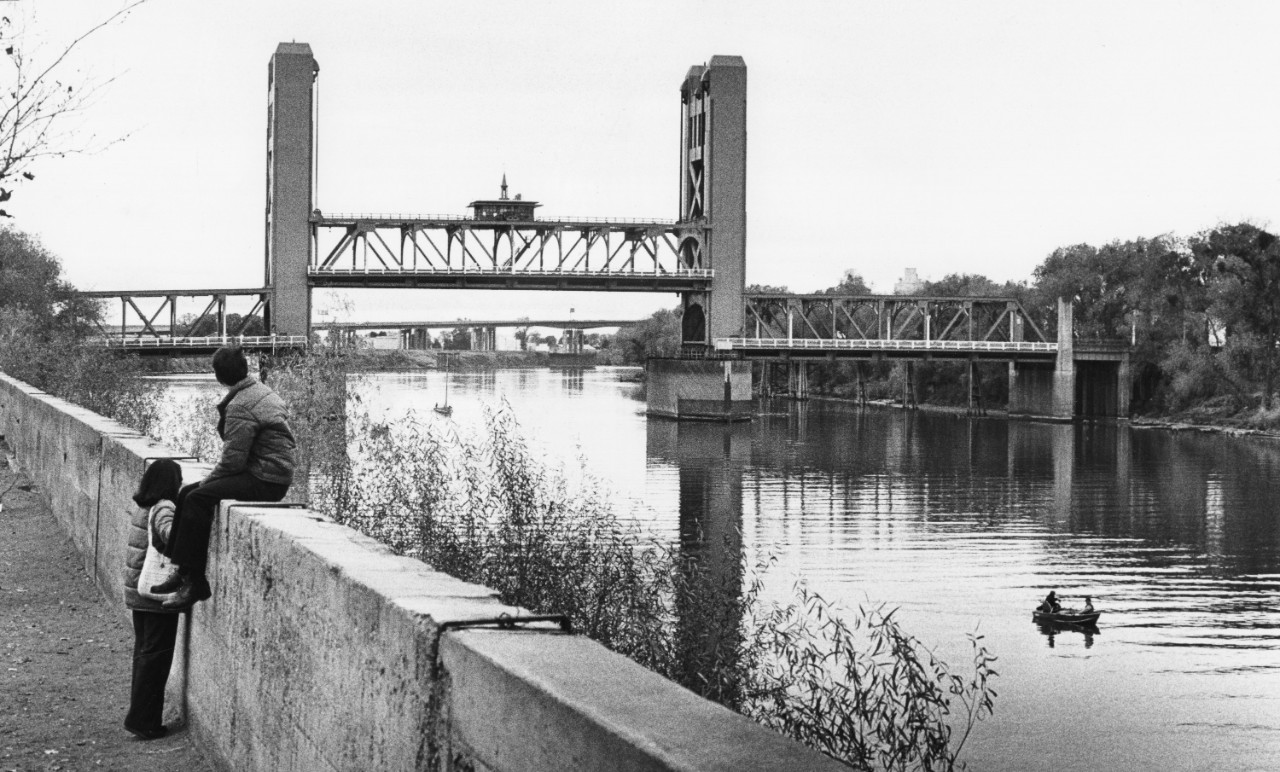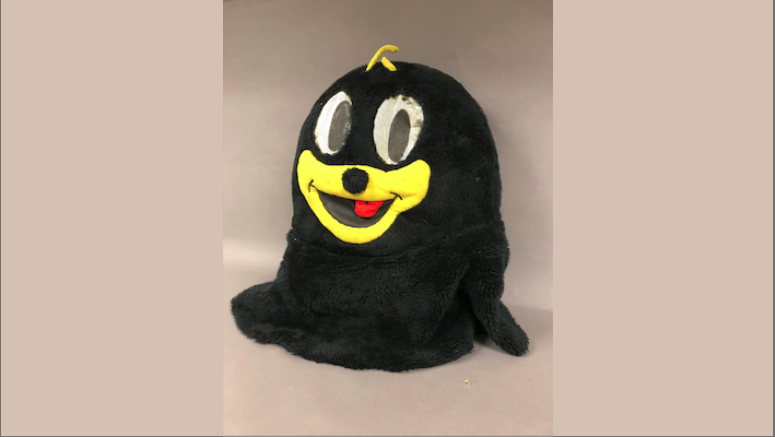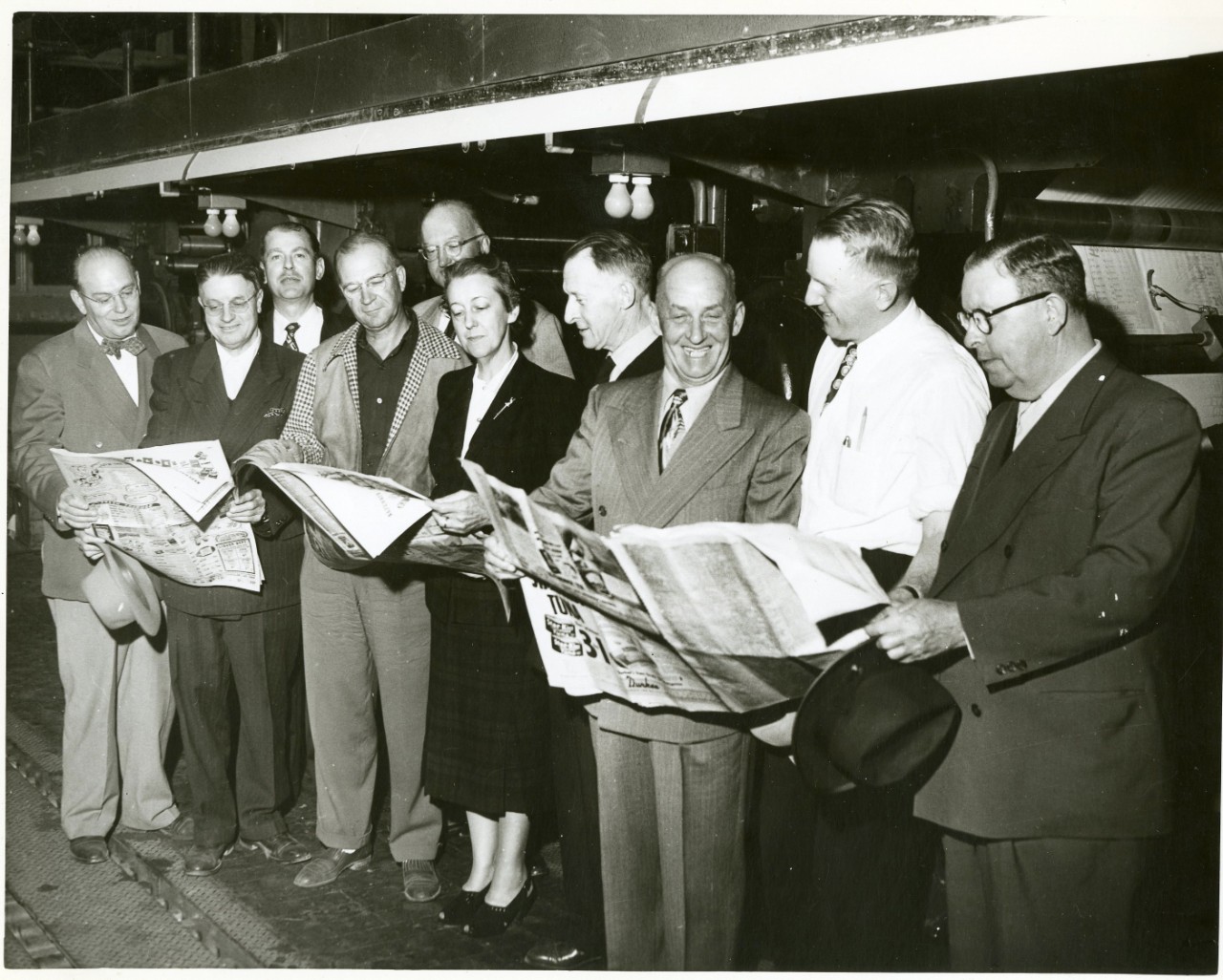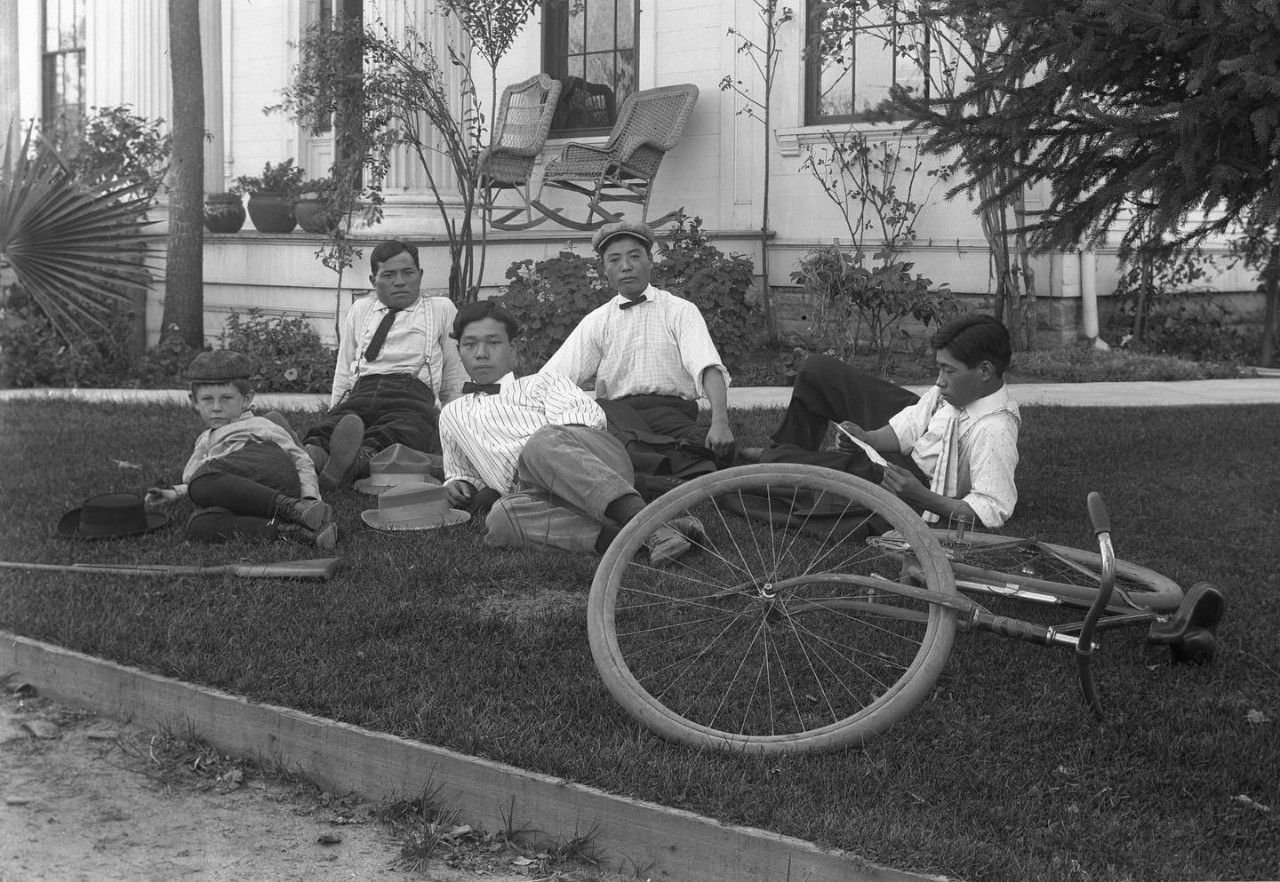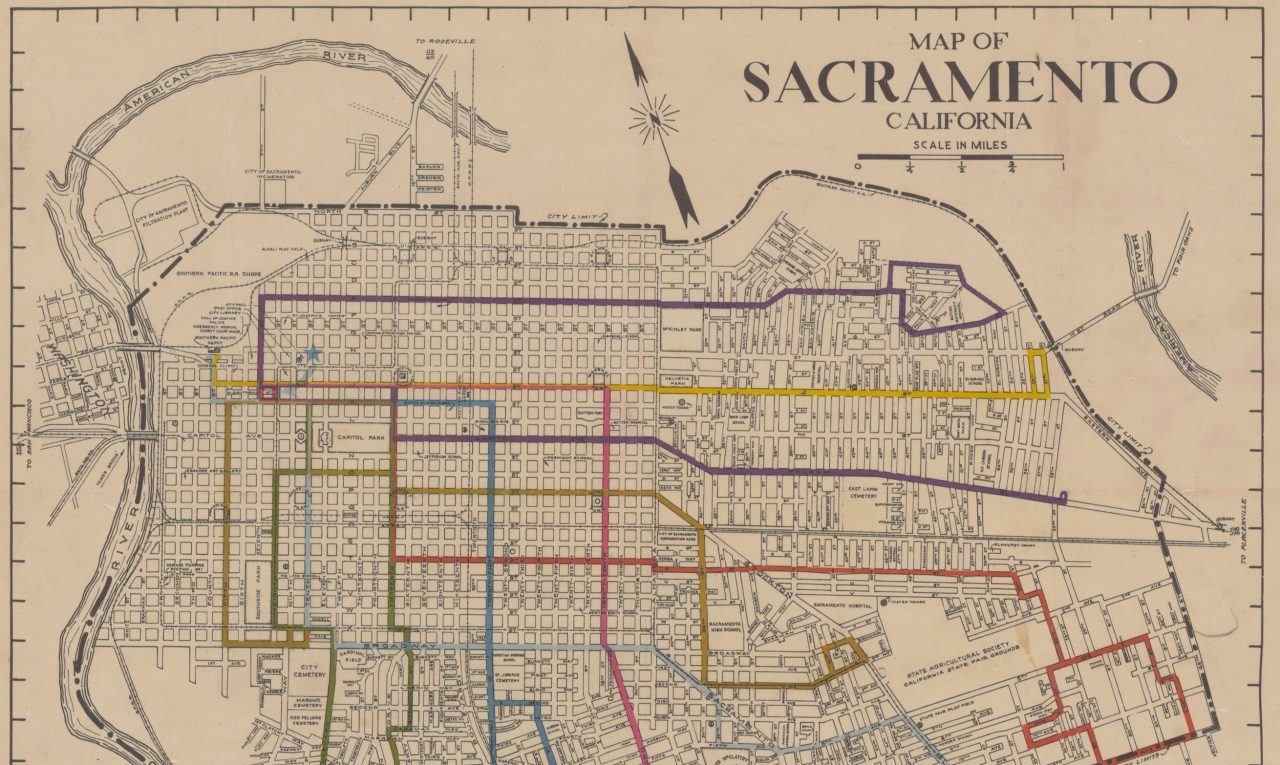VIDEO SERIES
UNLOCKING THE PAST: EXPLORING RACISM IN SACRAMENTO
The Center for Sacramento History's video series "Unlocking the Past: Exploring Racism in Sacramento" focuses on the history of systemic racism in the Sacramento region in order to provide a historical context for the issues that affect our community today. The goal with these short films is to tell stories from the region in a more complete and honest way, and to face and examine discrimination while acknowledging its long-term effects on our communities.
The films are produced by the Center and local filmmakers using film footage, photographs, and archival material from the Center’s collections, along with interviews with national and local scholars, and people from the community telling their own stories. The series received the 2023 Leadership in History Award of Excellence from the American Association for State and Local History.
